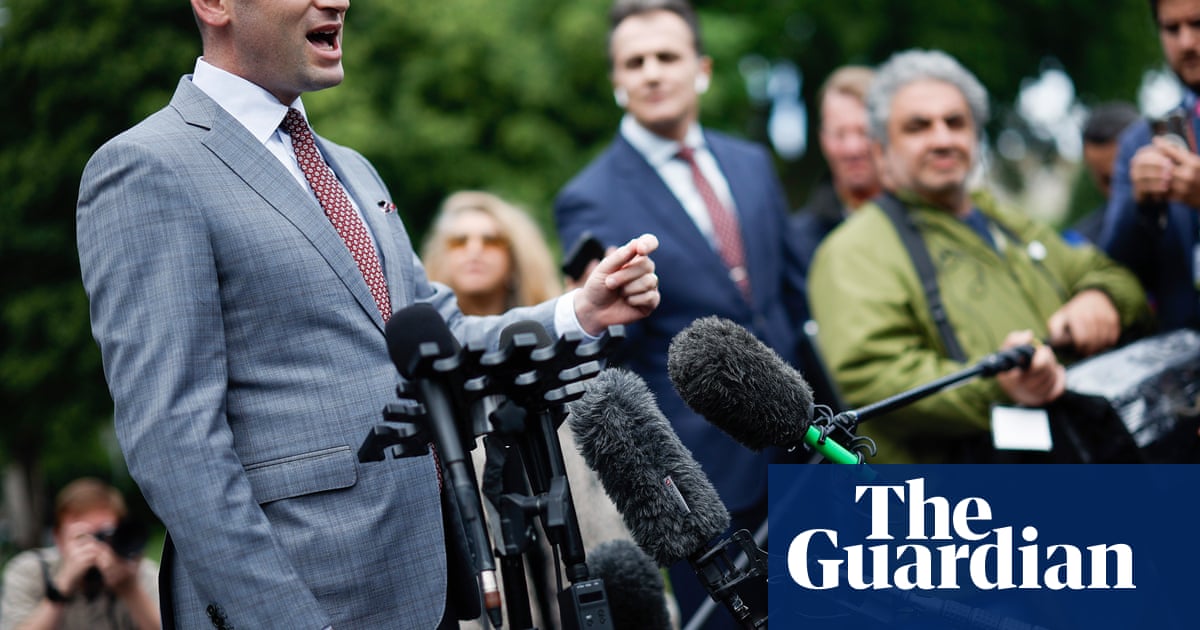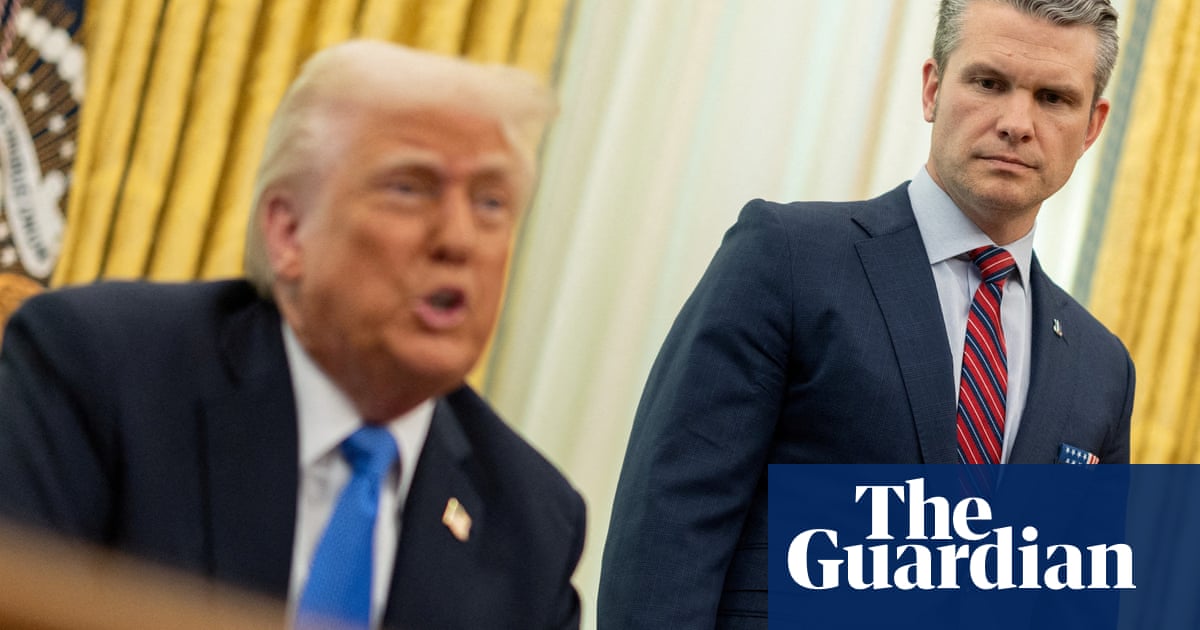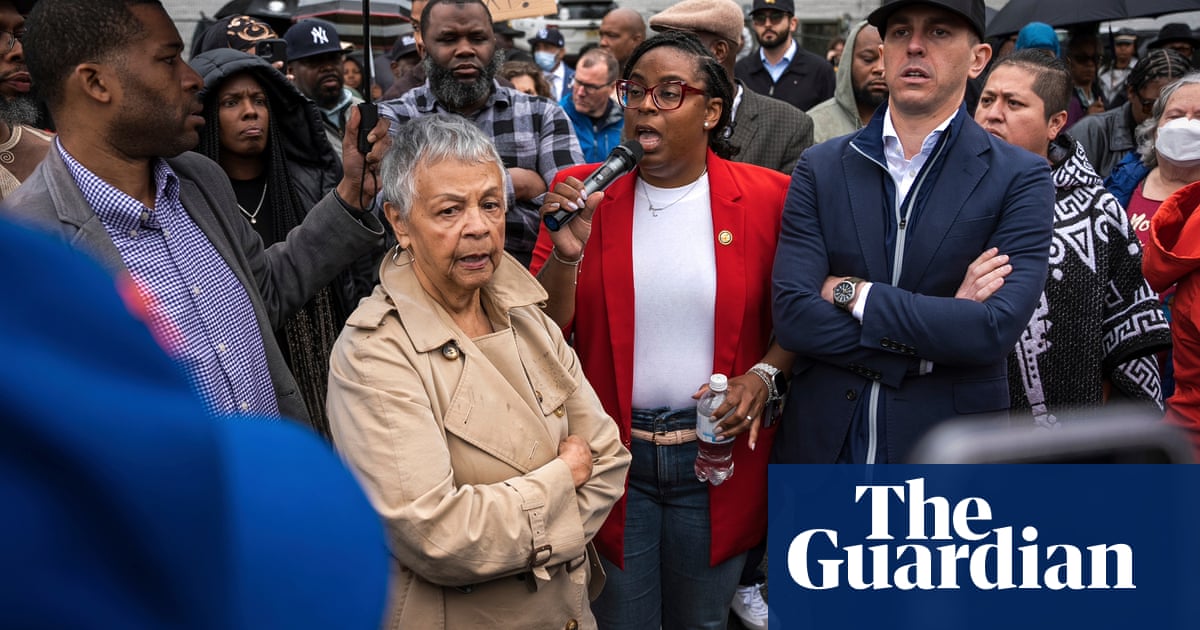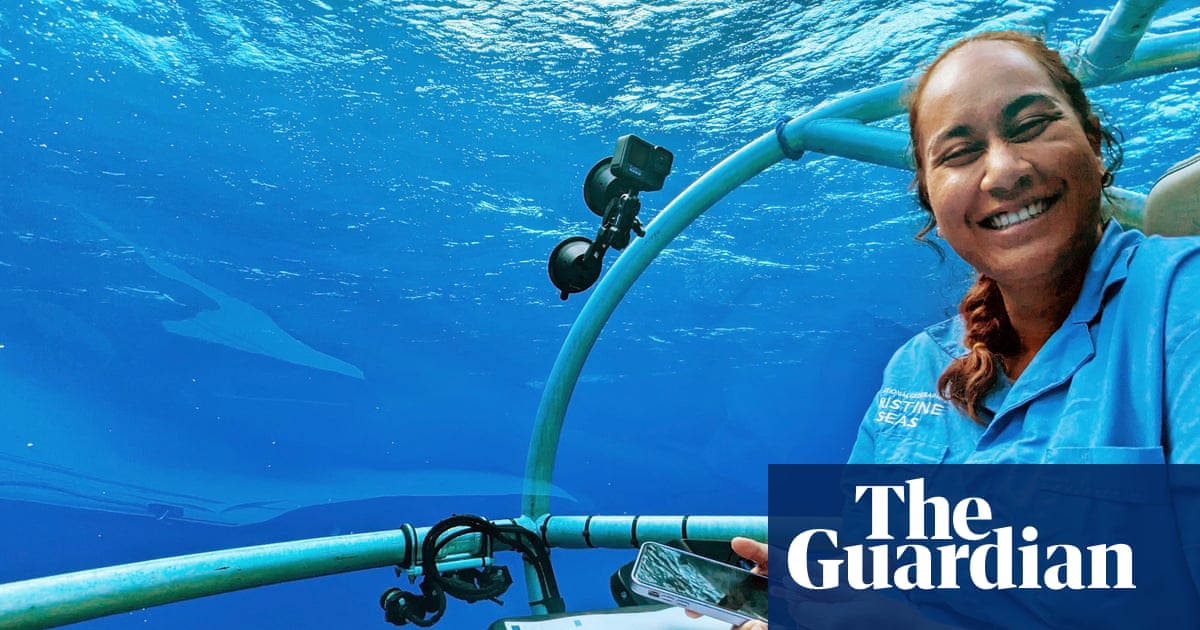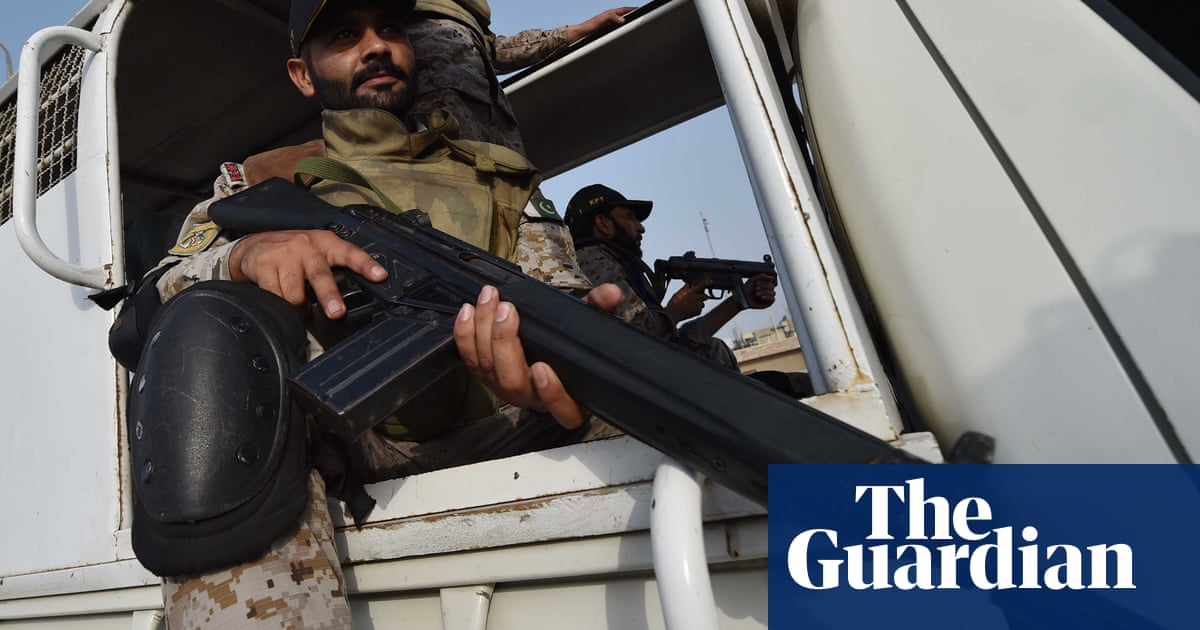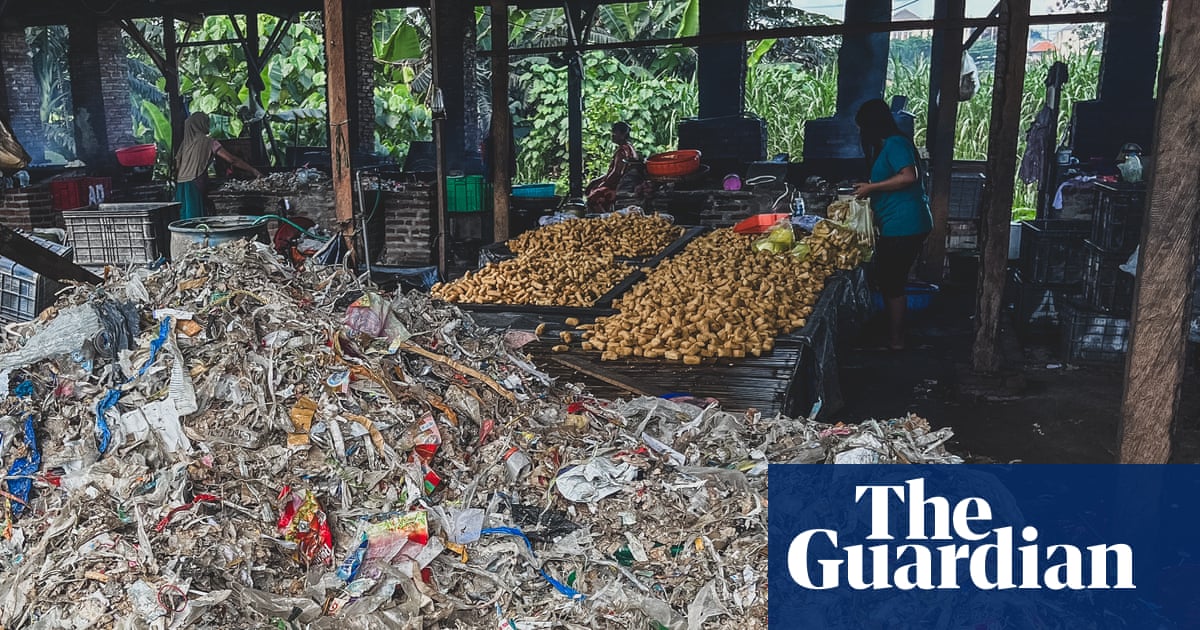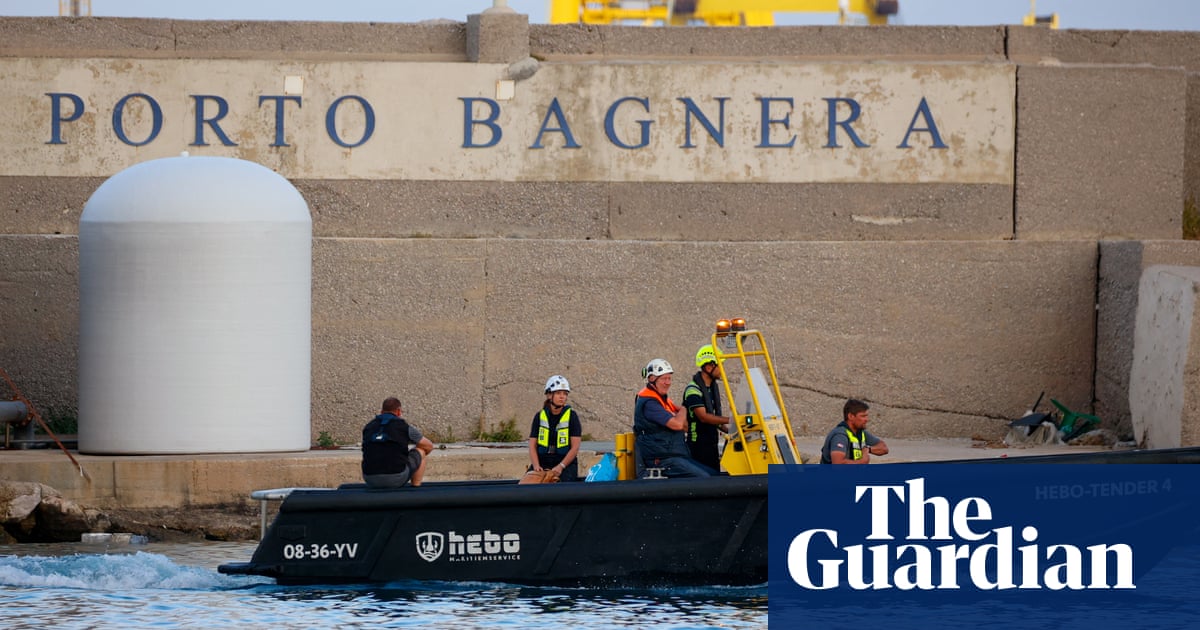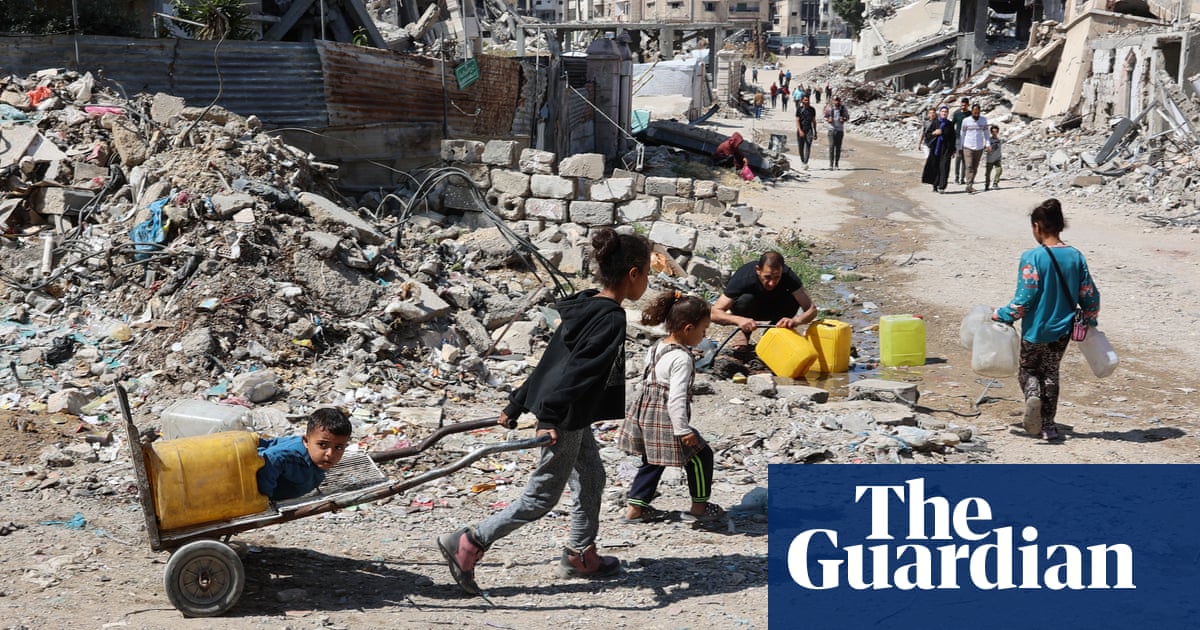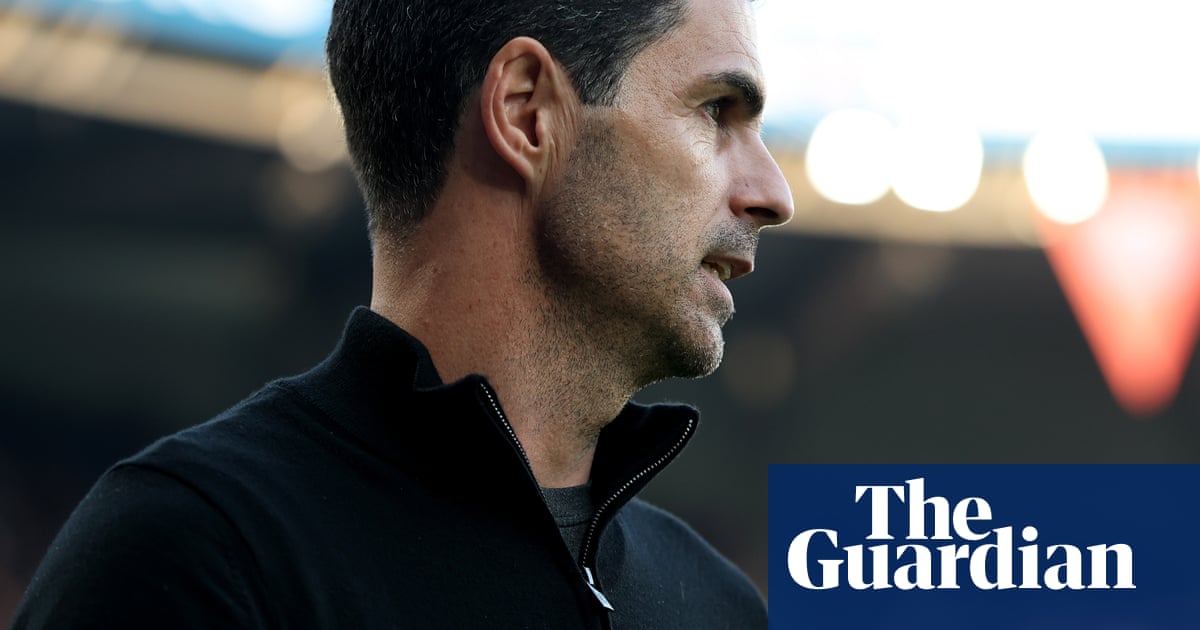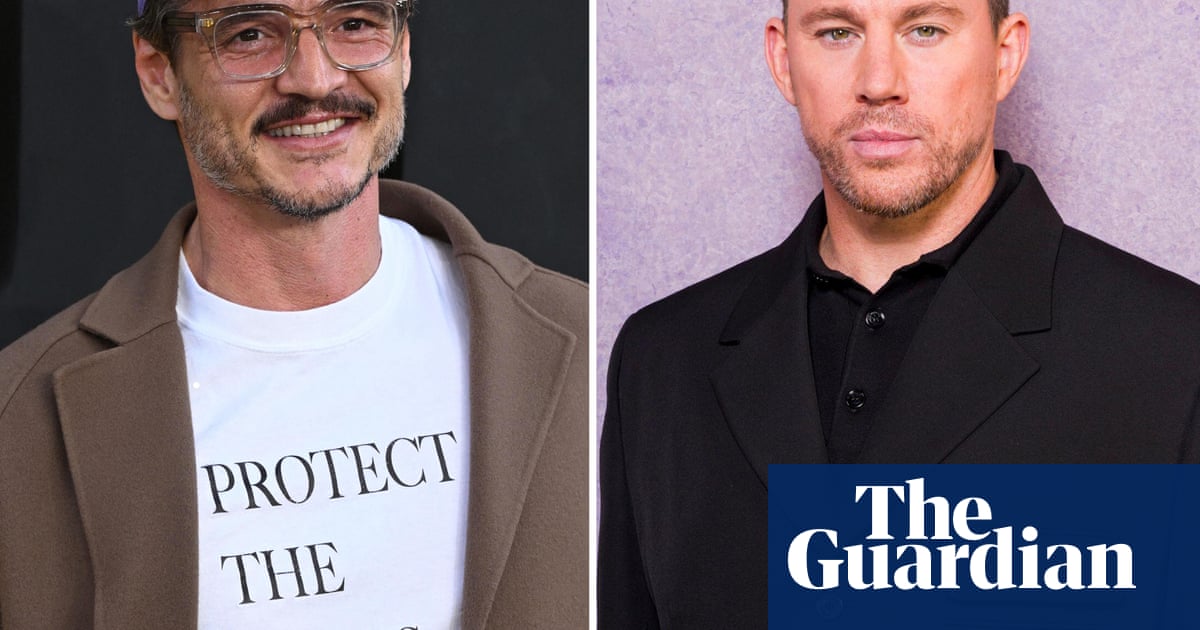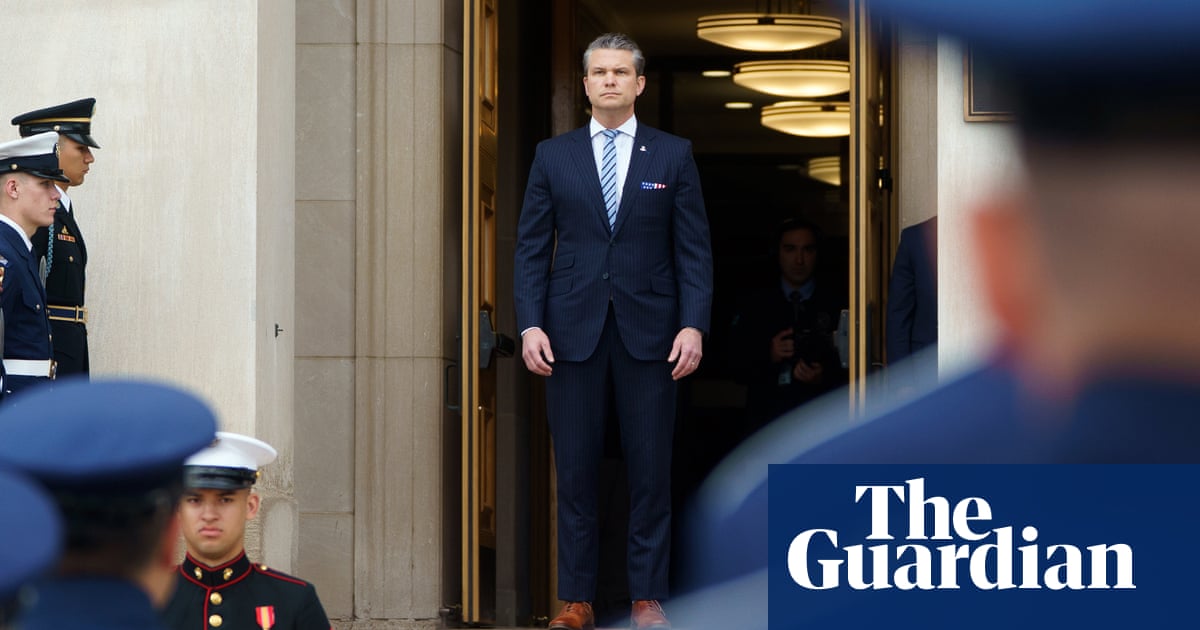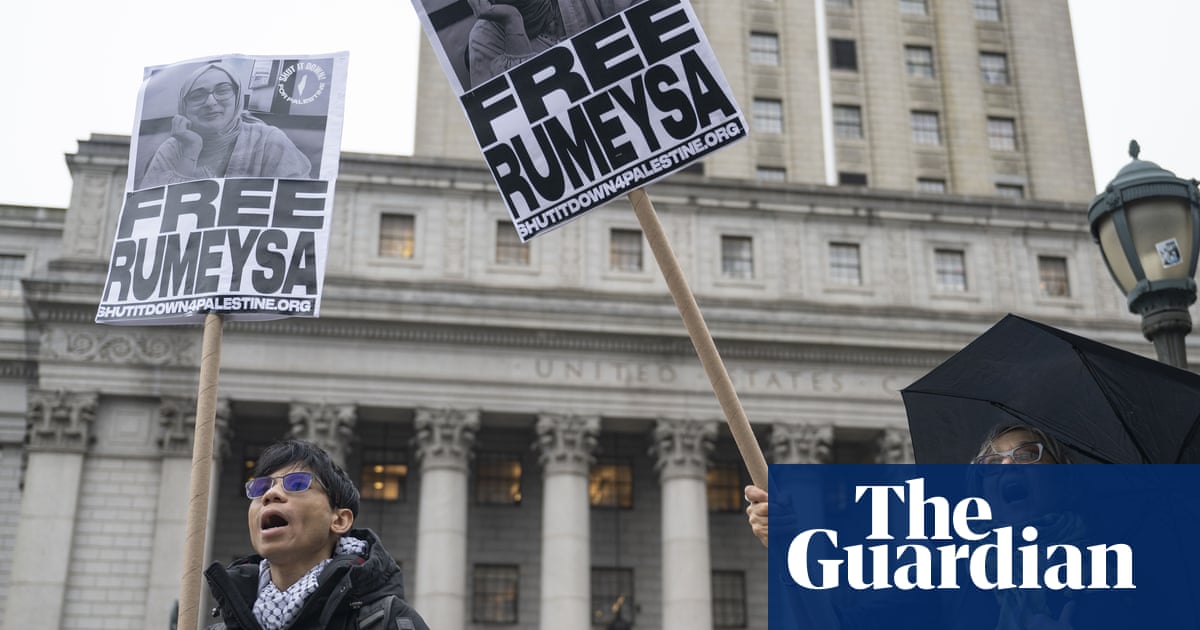Channel 4’s new reality series Go Back to Where You Came From may not please either side of the debate around refugees and irregular migration, but I’m very glad it was made. From its title onwards, the series doesn’t treat its subject matter with the sensitivity that many would hope for. The first episode opens with a participant saying, as he looks out over the white cliffs of Dover: “What I’d do is, I’d set landmines up, and then any boat that comes within 50m of this beach, they’d get blown up.”
Add to that the spectacle of Brits trundling through a war-torn city in armoured cars repeatedly describing it as a “shithole”, and you have enough toxic bigotry to send my blood pressure soaring. But the point of the programme isn’t to platform extreme views: it’s to force those spouting them to face the reality of irregular migration and to challenge their preconceptions.
When the trailer was released earlier this month, it ignited a predictably furious response online, and stinging criticism from leading human rights and refugee charities. But what this fails to take into account is the relative lack of in-depth coverage of migration and the urgent need to foster greater understanding, even if that means resorting to unorthodox methods.
In four parts, the series follows six participants with very strong opinions on the plights and rights of refugees. Small groups, each including two people with virulently anti-refugee opinions and one much more sympathetic, are taken to Mogadishu in Somalia and Raqqa in Syria to witness the devastation of war and what faces those who remain. The participants gradually make their way back to the UK, learning about the dangers refugees face along the way, including a simulation of a “small boat” crossing.
Several highly respected charities condemned the programme’s “sensational” approach, which one described as “A Place in the Sun meets Benefits Street”. The seriousness of the subject, they said, requires a more educational treatment and they urged broadcasters to invest in documentaries instead. Another raised fears that it would perpetuate racist tropes and could fuel the kind of disinformation and dehumanisation that sparked riots in 2024.
The charities up in arms would prefer to hear the voices of people with direct experience. So would I. I have spent more than 20 years delivering community video projects around the world, working with underrepresented communities to amplify their voices on key issues. I work as an advocacy director for a charity dedicated to ensuring the media tells more and better stories about our world, its people, cultures, communities and concerns.
I want broadcasters to produce more serious programmes about many issues; and honestly I would prefer it if reality TV was not the answer to any question. But we need to be honest about the challenges facing public service broadcasters such as Channel 4 as they continue trying (with dwindling incomes) to inform, educate and entertain audiences that have countless alternatives to watch.
Documentaries don’t regularly find large audiences, particularly not among people unsympathetic to the subject matter. The smaller the audience, the less likely it is to achieve a positive impact. I wonder how many people watched the outstanding BBC documentary Dark Waters: Africa’s Deadliest Migration Route about those risking their lives to escape extreme poverty and conflict in west Africa. It was presented by Mame Cheikh Mbaye, a Senegalese reporter who had spent a decade supporting migrants landing in the Canary Islands. Not many people will have heard about it, given that BBC One only broadcast a truncated version at 2.30am.
The reality is that contentious issues need alternative formats to find a mass audience. In 2023, the country obsessed over whether Rwanda was a safe country to send asylum seekers to. Yet I couldn’t find a single programme (outside news bulletins) about Rwanda – its people, society, government – and I carefully monitor the public service broadcasters’ international coverage. It was not until a month before the “stop the boats” general election, on 5 June 2024, that the BBC smuggled the subject into a celebrity-fronted travelogue, The Misadventures of Romesh Ranganathan on BBC Two. The programme did manage to touch on Rwanda’s recent human rights record and internal suppression, but it speaks volumes that it falls to a comedian to tell us about the place where our asylum seekers were to be sent.
Likewise, ITV could have commissioned a documentary about the Post Office Horizon IT scandal, but it’s unlikely to have been as effective as the drama Mr Bates vs the Post Office. It’s worth noting that despite its success, ITV made a loss of about £1m on the production.

Yes, Channel 4 has a long history of controversial reality shows that purport to shed light on topical issues but fail badly. Benefits Street became a byword for crass and exploitative television, while The British Tribe Next Door (in which a Gogglebox participant lived alongside an Indigenous community in Namibia, in a replica of her suburban home) remains hard to forget, and harder still to fathom how anyone thought it could contribute anything. But these (and other) failures from the past should not dissuade Channel 4 from being brave and trying new approaches. That is what it is meant to do, after all.
Go Back to Where You Came From is based on an Australian series that became the broadcaster SBS’s highest rated programme in 2011. It drew large audiences, blew up on social media, and prompted a live televised discussion on the issues.
No, the participants cannot possibly experience the real dangers and privations of irregular migration and, yes, it’s uncomfortably voyeuristic at times. But then the participants listen, open mouthed, as refugees tell them their stories, or a participant says “This is the shit you don’t see on telly”, and I remember why it is important. I believe Channel 4 is making a genuine attempt to shed light on the experiences of refugees and it has given it a primetime slot: 9pm on Monday evenings. I’m grateful to them for trying.
-
Gareth Benest is advocacy director for the charity International Broadcasting Trust

 3 months ago
41
3 months ago
41
